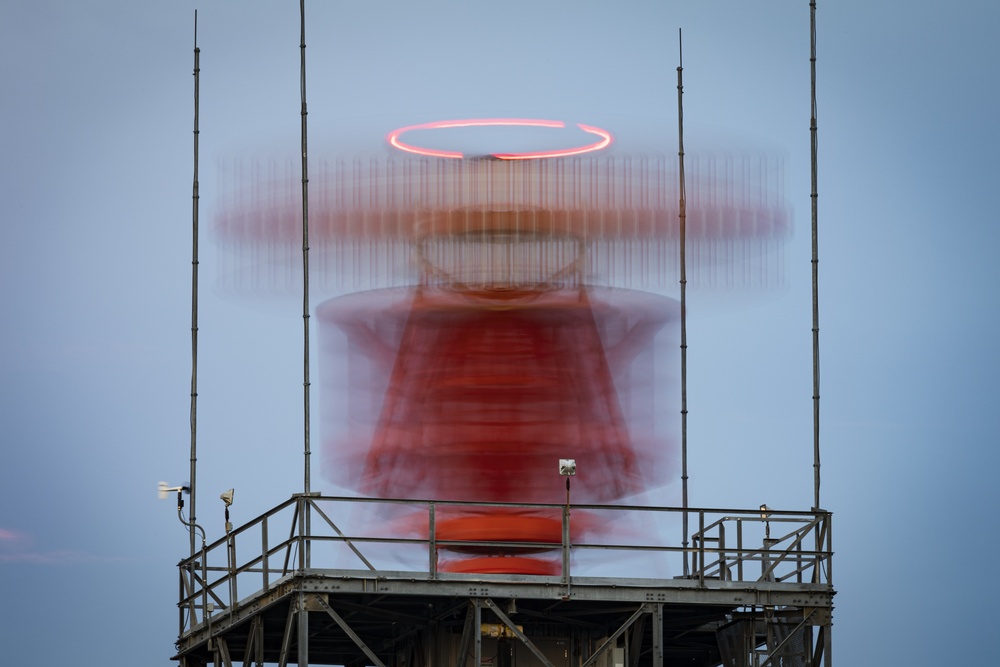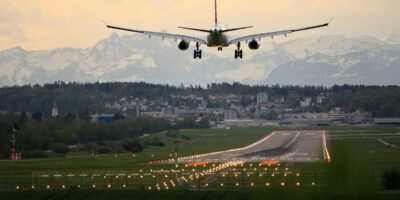Ground Control
Ground Control
Ground control plays a crucial role in managing air and space traffic, ensuring safety and efficiency. It serves as the interface between pilots or astronauts and the systems that operate aircraft or spacecraft. This involves constant communication, monitoring, and directing movement on the ground before takeoff and after landing.
History and Evolution

The concept of ground control dates back to the early days of aviation. As air travel became more common, the need for organized ground operations became evident. Initially, ground control consisted of simple radio communications between pilots and controllers. Over time, technological advancements have transformed ground control into a sophisticated operation involving radar, satellite communications, and advanced software systems.
Functions of Ground Control
Ground control’s primary responsibility is to manage the safe and efficient movement of aircraft on the ground. This includes taxiing, takeoffs, and landings. Ground controllers ensure that aircraft follow designated paths to avoid collisions and maintain smooth operations at airports.
In addition to managing aircraft movements, ground control handles communication with pilots. This includes issuing clearances, providing weather updates, and relaying important information. Ground controllers are responsible for coordinating responses to emergencies and other unexpected situations.
Technology in Ground Control
Modern ground control operations rely heavily on technology. Radars provide real-time data on aircraft positions, helping controllers monitor and direct movements. Satellite communications ensure uninterrupted communication between controllers and pilots, even in remote areas.
Advanced software systems assist ground controllers in decision-making. These systems analyze data from various sources, predict potential issues, and suggest optimal solutions. Automation plays a growing role in ground control, improving efficiency and reducing the risk of human error.
Challenges Faced by Ground Controllers
Ground controllers must manage numerous aircraft simultaneously, often in high-pressure environments. Even small errors can have serious consequences. Controllers need to maintain a high level of situational awareness, multi-tasking and prioritizing tasks effectively.
Weather conditions pose significant challenges for ground control. Fog, rain, snow, and other adverse weather conditions can complicate aircraft movements on the ground. Controllers must continually adapt to changing weather conditions, ensuring that operations remain safe.
Training and Certification
Ground controllers undergo rigorous training to prepare for their responsibilities. This includes comprehensive theoretical instruction on aviation principles, air traffic control procedures, and emergency protocols. Practical training involves simulated scenarios and real-world experience under the supervision of experienced controllers.
Certification is required for ground controllers to ensure they possess the necessary skills and knowledge. Controllers must pass written exams, practical tests, and meet medical requirements. Continuous professional development is essential to stay current with evolving technologies and procedures.
International Standards and Cooperation
Ground control operates under international standards set by organizations such as the International Civil Aviation Organization (ICAO). These standards ensure consistency and safety across different countries and regions. Ground controllers must be familiar with these standards and follow them rigorously.
Cooperation between countries is crucial for effective ground control. Aircraft often travel across international borders, requiring coordination between ground control units in different countries. Collaborative efforts help streamline operations and enhance overall safety.
Ground Control in Space Operations
Ground control is not limited to aviation. It also plays a vital role in space operations. Space agencies, such as NASA and ESA, maintain ground control centers that monitor and communicate with spacecraft. These centers manage satellite launches, conduct space missions, and ensure the safety of astronauts.
Space ground control involves tracking spacecraft trajectories, monitoring onboard systems, and issuing commands. Data from space missions is transmitted to ground stations, where it is analyzed and used to guide mission decisions. Ground controllers work closely with mission scientists and engineers to achieve mission objectives.
Future Trends and Innovations
The future of ground control is shaped by ongoing technological advancements. The integration of artificial intelligence (AI) and machine learning is expected to revolutionize ground control operations. AI can analyze vast amounts of data, identify patterns, and predict potential issues, assisting controllers in making informed decisions.
Unmanned Aerial Vehicles (UAVs), or drones, present new challenges and opportunities for ground control. Managing drone traffic requires developing new procedures and technologies to ensure safe and efficient operations. Ground control systems must adapt to handle the unique characteristics of UAVs.
Advancements in communication technologies, such as 5G networks and quantum communication, promise to enhance connectivity and data transfer speeds. These improvements will enable faster and more reliable communication between ground controllers and aircraft or spacecraft.
Impact and Importance
Ground control is essential for the safety and efficiency of air and space travel. It ensures that aircraft and spacecraft operate within designated parameters, avoiding collisions and other hazards. Ground controllers play a critical role in managing emergencies, coordinating responses, and minimizing disruptions.
Efficient ground control operations contribute to the overall efficiency of airports and space missions. By optimizing aircraft movements and minimizing delays, ground control helps reduce fuel consumption, emissions, and operational costs. This has a positive impact on the environment and the economy.
Ground control fosters international cooperation and standardization. By adhering to common standards and procedures, ground control units worldwide work together to ensure consistent safety and efficiency levels. This cooperation enhances global air and space traffic management.




Subscribe for Updates
Get the latest articles delivered to your inbox.
We respect your privacy. Unsubscribe anytime.